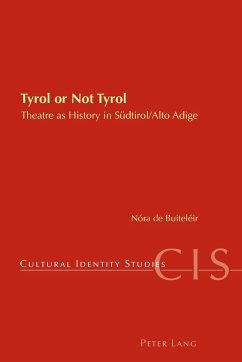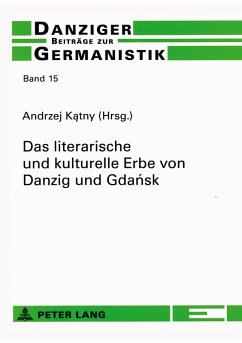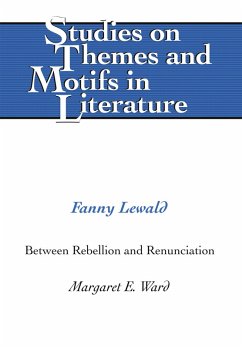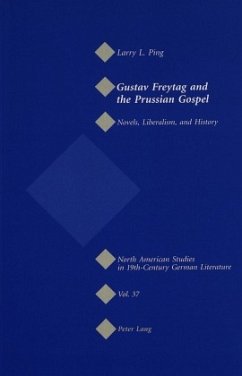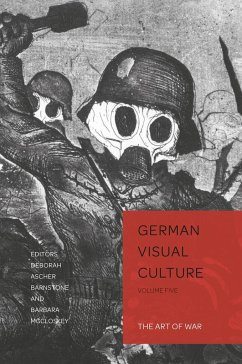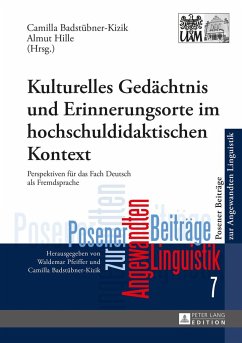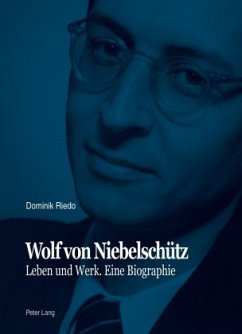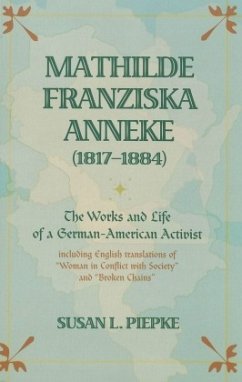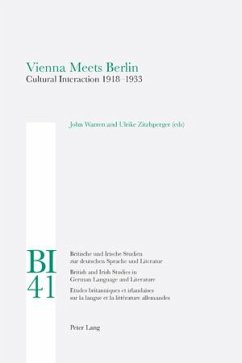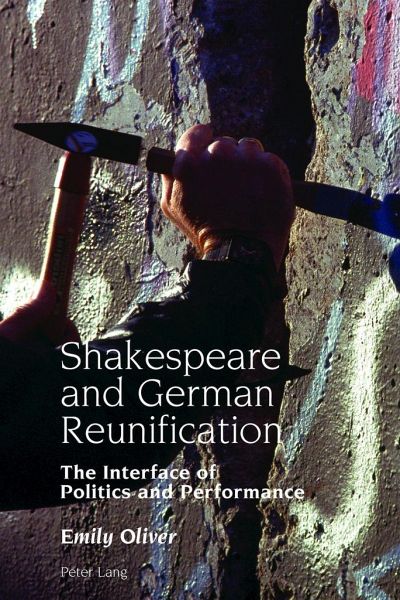
Shakespeare and German Reunification
The Interface of Politics and Performance
Versandkostenfrei!
Versandfertig in 6-10 Tagen
96,85 €
inkl. MwSt.
Weitere Ausgaben:

PAYBACK Punkte
0 °P sammeln!
This book explores the relationship between politics and Shakespeare performance in East Germany before, during and after reunification in 1990. Analysing a wide range of case studies from Berlin as well as more peripheral towns and cities, the author argues that the capacity for political intervention in Shakespeare performances in East Germany was limited by a number of factors, including the influence of the government and an underlying distrust of the public. However, East German theatre practitioners proved useful to the 1989 protest movement precisely because they occupied a unique posit...
This book explores the relationship between politics and Shakespeare performance in East Germany before, during and after reunification in 1990. Analysing a wide range of case studies from Berlin as well as more peripheral towns and cities, the author argues that the capacity for political intervention in Shakespeare performances in East Germany was limited by a number of factors, including the influence of the government and an underlying distrust of the public. However, East German theatre practitioners proved useful to the 1989 protest movement precisely because they occupied a unique position at the interface of dissidence and state power. Using Shakespeare performance as a lens, the book examines political and aesthetic censorship before reunification and the enormous financial difficulties theatre faced in its aftermath, asking what role Shakespeare played for Germans both within and beyond the theatre.





